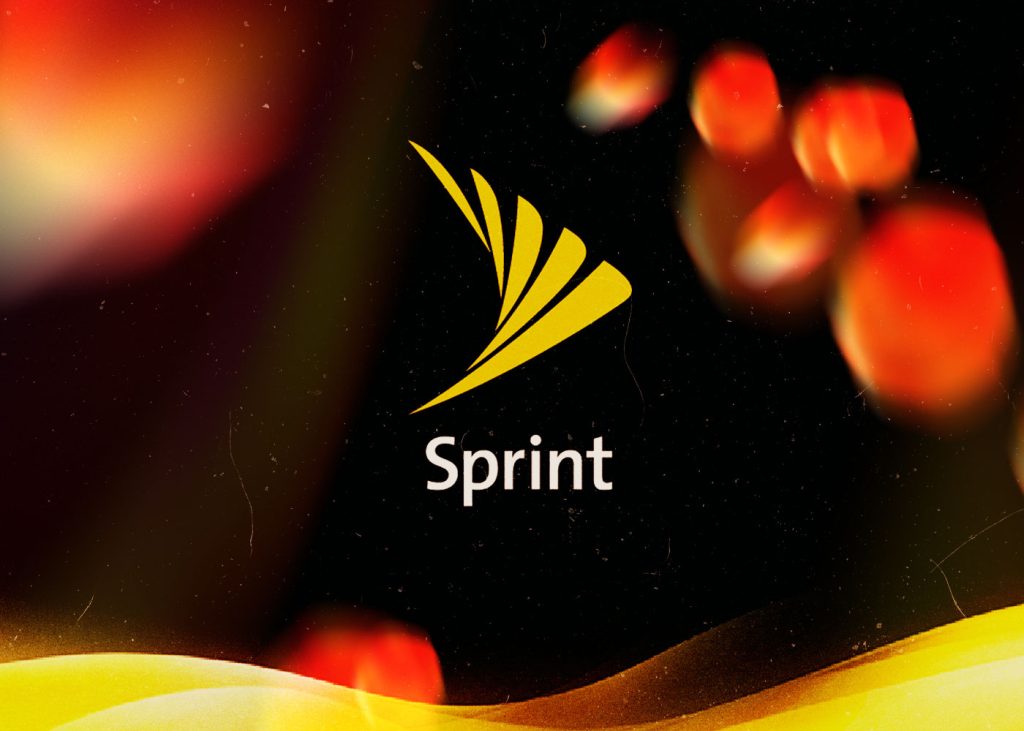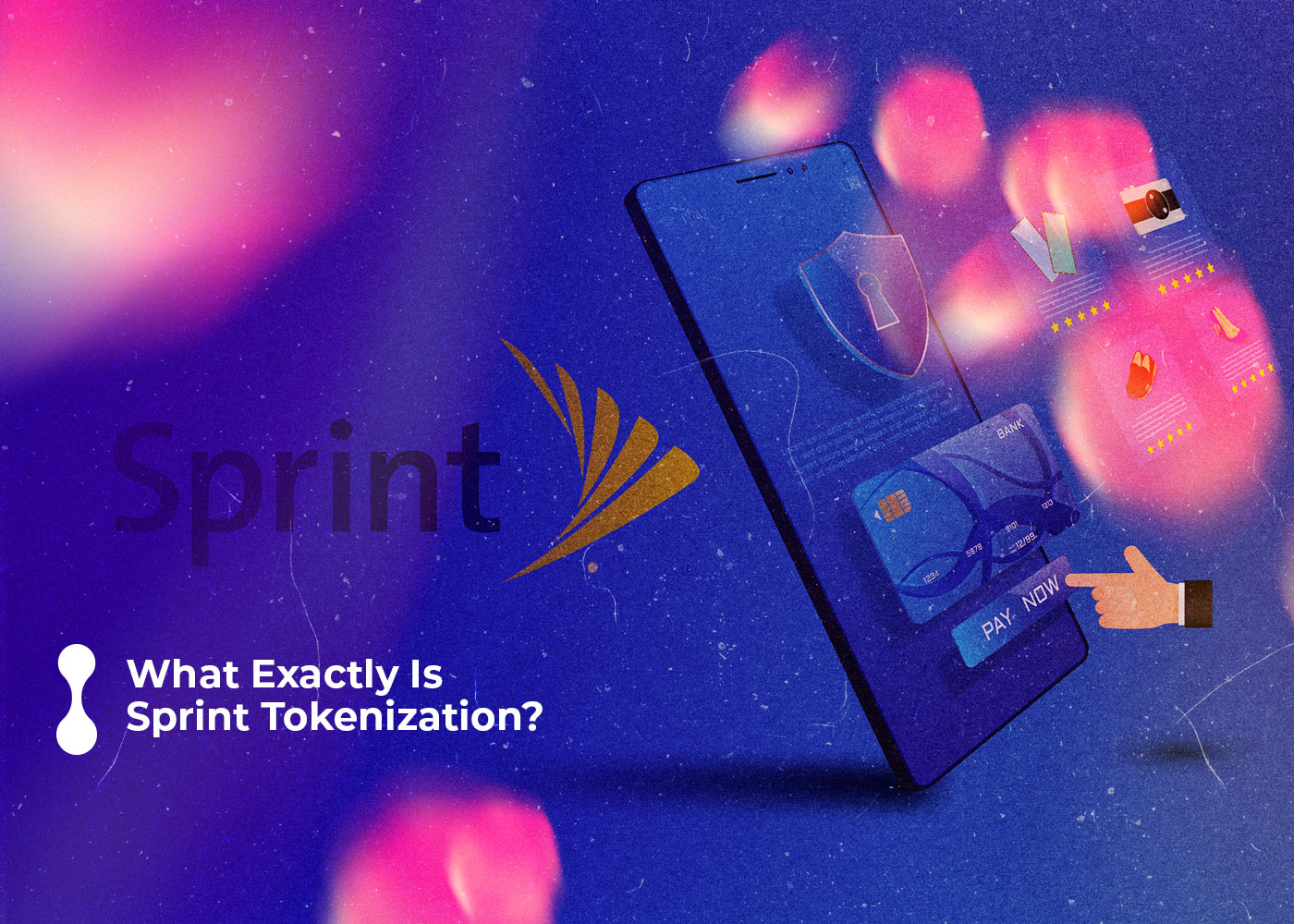Sprint has revealed ambitions to join the tokenization business in the constantly shifting world of mobile payments. What exactly is Sprint Tokenization? Simply put, it is a method of replacing sensitive payment details with unique tokens having real-world value outside of the transaction. This increases the degree of security for both customers and enterprises. Merchants will be able to minimize their PCI compliance scope using Sprint Tokenization, and customers will have more peace of mind when making transactions online or in-store.
Tokenization is a popular issue in the payments business for good reason. This technique has the potential to increase the security of mobile payments by substituting sensitive card data with unique tokens. Tokenized transactions are thus less vulnerable to fraud and may be handled more rapidly.
Sprint is one of the first big US wireless carriers to adopt this new technology, and it is already collaborating with several large issuers to develop tokenized payment services. Furthermore, Sprint is investigating how tokenization might be used to allow new forms of mobile shopping experiences, including contactless payments at retail locations.

What is Sprint Tokenization?
Sprint Tokenization is more than just another technique. Tokenize is defined as “to substitute anything or change it into something distinct.” Consider going to a gaming club and purchasing tokens for gambling machines. You exchange money for plastic coins that have no monetary worth outside of the facility.
It’s comparable to internet pay-per-installments. Mastercard tokens are intended to secure users’ sensitive information (such as credit card numbers, addresses, and account numbers) by replacing them with a series of algorithmically generated digits and characters.
Advantages of Sprint Tokenization
Businesses are seeking innovative methods to make mobile payments safer and more efficient as their popularity grows. Tokenization, which includes replacing sensitive data with a unique code that may be used for transactions, is one possible option. Sprint is one of the most recent firms to implement this technology, and it has the potential to have a significant influence on the mobile payment market.
Tokenization protects user data by making it more difficult for hackers to access critical information such as credit card details. Furthermore, it helps speed up transactions by lowering the time required to authenticate and process payments. This can result in improved revenue and happy consumers for businesses.
